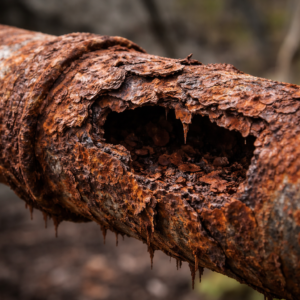For the first time in more than two centuries, Tennessee is preparing for the scheduled execution of a woman, a development that has attracted nationwide attention and renewed debate about capital punishment. The case centers on Christa Gail Pike, now 49, who has been on death row since the mid-1990s.
Pike was convicted in 1996 for a crime committed when she was just 18 years old, making her the youngest woman in the country at the time to receive a death sentence. For nearly three decades, she has remained Tennessee’s only female inmate on death row, becoming a focal point in broader discussions about justice, youth, and sentencing.
Her execution is currently set for September 30, 2026, at Riverbend Maximum Security Institution in Nashville. If carried out, it would mark the 19th execution of a woman in the United States since the reinstatement of the death penalty in 1976. Supporters of the ruling view it as a matter of accountability, while opponents point to her young age at the time of conviction, her difficult background, and mental health concerns as reasons to reconsider.
Pike’s legal team continues to appeal, urging that her sentence be reduced to life without parole. Regardless of the outcome, the case has reignited a deeply divisive conversation: whether capital punishment should remain part of modern justice systems, particularly when it involves individuals sentenced at such a young age.





